Supreme Court ruling could block government oversight of big tech, net neutrality and AI

Last week the U.S. Supreme Court added another ruling to its list of recent controversial decisions with a 6-3 vote that says that the Environmental Protection Agency (EPA) does not have the authority to reduce power plant emissions that are believed to cause global warming. As a result of the decision, rules made by other government agencies that impede major industries and corporations to help protect consumers are now likely to be challenged.
The Associated Press (AP) notes that this includes efforts made by the federal government to restrain giant tech companies; well-known and powerful firms such as Apple, Facebook, Amazon, Google, Microsoft, and others have had executives visit Capitol Hill several times over the last few years. The Federal Trade Commission (FTC) has been involved in an effort to protect consumers' personal data from being used by big tech firms without permission to sell ads and for other revenue-generating purposes.
A recent Supreme Court ruling could reduce the government from protecting consumers from big tech firms
At the same time, the agency has been monitoring the tech industry to make sure that the public isn't being harmed by any budding monopolies. A couple of years ago, The FTC asked various tech firms to turn over data from nearly ten years of acquisitions that these tech firms were not legally required to reveal to U.S. antitrust agencies because they were valued at $90 million or less.

FCC Chairwoman Jessica Rosenworcel now might have problems bringing back net neutrality
While these are small deals unlikely to impact the public, if several small deals flying under the radar are completed, that could become an issue and the FTC is in charge of making sure that consumers aren't impacted by anticompetitive business practices. Alexandra Givens, the president and CEO of the Center for Democracy and Technology, said, "Every agency is going to face new hurdles in the wake of this confusing decision. But hopefully the agencies will continue doing their jobs and push forward."
Givens says that agencies like the FTC should be able to withstand challenges to their authority based on the Supreme Court's EPA decision. But she also says that Congress needs to act quickly in order to pass laws protecting consumers' digital privacy rights and other rights related to new technologies. But she also says that even that is not enough. "We need a democratic system where Congress can give expert agencies the power to address issues when they arise, even when those issues are unforeseen. The government literally can’t work with Congress legislating every twist and turn."
Also facing an impact from the Supreme Court's EPA ruling is the current administration's desire to tighten net neutrality protections. These are rules designed to prevent ISPs and wireless carriers from throttling service speeds and blocking access to websites unless consumers pay a premium price. First put in place by the Obama administration in 2015 as a way to treat all online content the same, net neutrality was killed off by the Trump FCC in June 2018.
Some states, including California, passed net neutrality laws and President Joe Biden's FCC appointees reportedly are in favor of bringing back even stronger net neutrality protections for consumers.
The EPA ruling could prevent government agencies from protecting the public from new technologies like AI
Last week's Supreme Court ruling could also lead agencies like the FTC to back off monitoring the potential harm to consumers from new technologies such as artificial intelligence (AI). And while it might not implicitly prevent the government from regulating self-driving vehicles, Michael Brooks, chief counsel for the nonprofit Center for Auto Safety, says that the ruling could lead to more court challenges disputing whether the government can make rules and control self-driving cars.
Brooks says that the Supreme Court ruling against the EPA could be based on that agency's complex laws that had given it the authority that the Supreme Court just negated. On the other hand, the authority of the National Highway Traffic Safety Administration (NHTSA) "is just so crystal clear," Brooks said.
But even if the government's control over self-driving vehicles isn't in doubt, the Supreme Court might have just given tech firms an opening to collect more personal data and create even larger tech firms that don't have the consumer's interest at heart. While many people might be in favor of keeping the government out of tech since it is a subject that most elected officials don't understand, that might have to be balanced by the government's obligation to protect consumers.



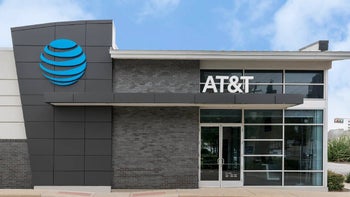
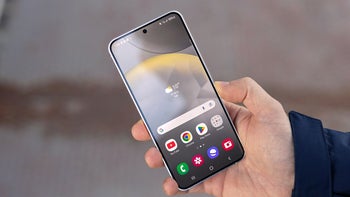
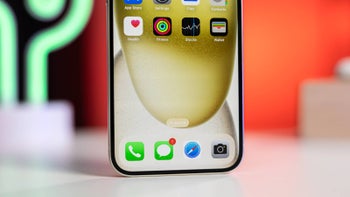



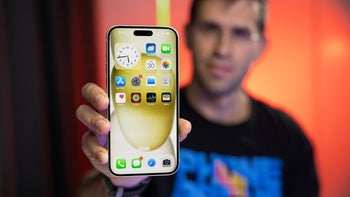


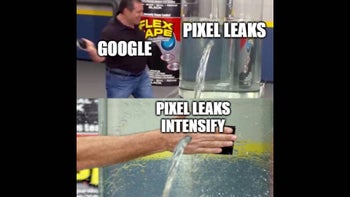
Things that are NOT allowed: